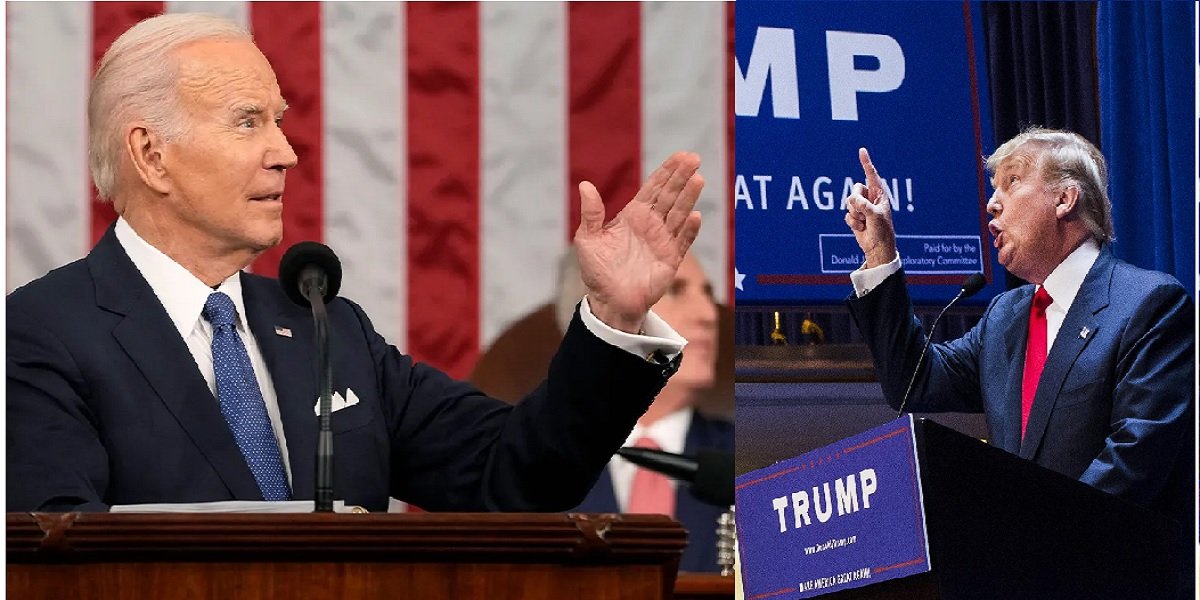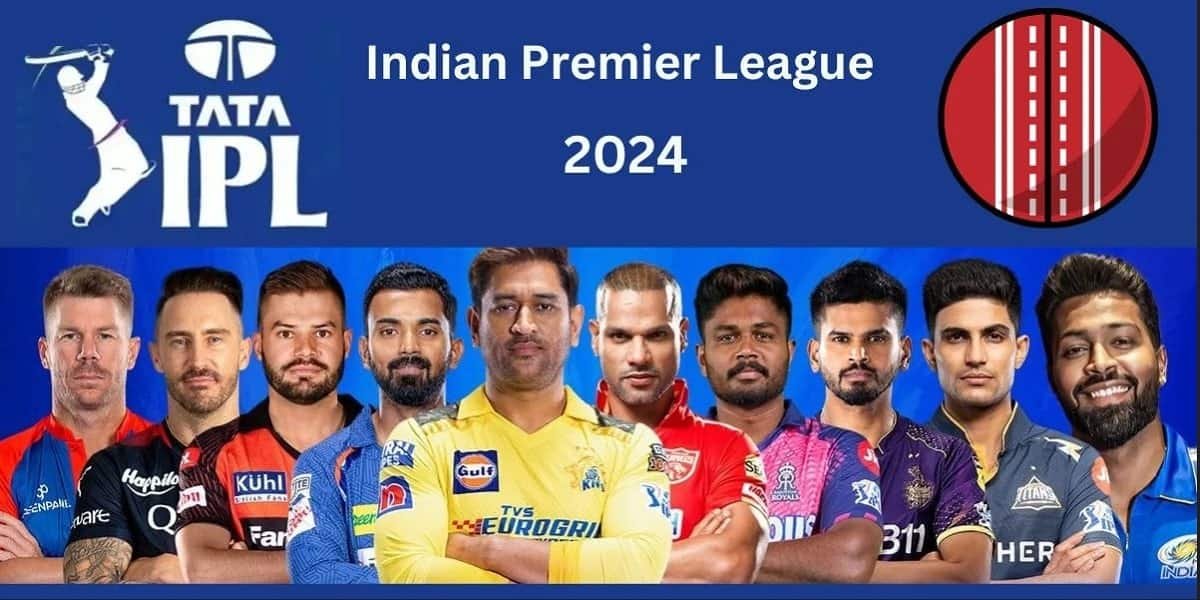Table of Contents
TogglePM Modi on Elections
In recent state elections across India, the trend of political parties offering freebies to attract voters has gained momentum. This practice, however, has sparked concerns at various levels, with the Supreme Court, political leaders, and even the PM Modi expressing reservations about its impact on the economy. Despite discussions and proposals for regulation, concrete actions remain elusive.
The Supreme Court's Stance
The Supreme Court acknowledges that the allure of freebies is widespread among political parties. However, most parties resist court scrutiny on this matter, while some maintain silence. Parties like AAP, DMK, and YSRCP have directly opposed such announcements and even challenged them in court. The central government, recognizing the need for regulation, has suggested the formation of a special committee to address the issue.
Political Landscape:
Political parties, deeply entrenched in their strategies to secure votes, often resort to announcing freebies, even though they are aware of the adverse effects on the economy. PM Modi has consistently raised concerns about this practice, emphasizing its critical economic implications. Despite the judiciary expressing concerns, no concrete actions have been taken, leaving the issue unresolved.
Previous Developments
The demand for freebies during elections is not a new phenomenon. Over a decade ago, on July 5, 2013, the Supreme Court rejected such demands, stating that promises made in election manifestos regarding free gifts do not fall under corrupt practices. However, the court recognized the temptation these announcements hold for voters and their impact on free and fair elections. The Election Commission, too, highlighted the contamination of the election process but faced limitations in addressing the issue.
Ongoing Legal Battles
In 2022, BJP leader Ashwini Upadhyay filed a petition seeking a ban on free announcements during elections, terming them as corrupt practices. Subsequent petitions called for a re-examination of the 2013 decision. The court acknowledged the gravity of the case but emphasized the need to distinguish between freebies and welfare schemes. This distinction is crucial given the significant time gap between the two.
A report by the State Bank of India (SBI) in October 2022 underscored the detrimental effects of the culture of freebies on the economy. The report warned against such announcements, suggesting that a Supreme Court-led committee limit welfare schemes to one percent of the state’s total revenue or tax collection. Despite these recommendations, no committee has been formed yet, and the burden on states continues to grow with the implementation of old pension schemes and other free announcements.
Welfare Schemes
In the realm of political strategy, the discussion extends beyond freebies to encompass welfare schemes. These initiatives, distinct from mere giveaways, involve more structured plans for societal well-being. While navigating the delicate balance between political appeal and economic prudence, policymakers and the judiciary must discern the nuances between freebies and welfare schemes.
The challenge lies in developing a regulatory framework that addresses both public welfare and economic stability, emphasizing the importance of responsible governance.
Political Parties
In the political arena, parties strategically use attractive incentives to sway voters, a trend gaining momentum in recent Indian state elections. The Supreme Court recognizes the widespread appeal of these giveaways, facing opposition from some parties against court scrutiny. Notably, the Aam Aadmi Party (AAP), DMK, and YSRCP overtly reject such pledges, challenging them in court.
Amidst these discussions, the central government proposes a dedicated oversight committee. The complexities of this political scenario persist, fostering ongoing dialogues and legal clashes about the impact of freebies on electoral tactics.
Conclusion
The intersection of political strategy, legal complexities, and economic implications in the context of freebies during elections presents a challenging scenario. While concerns have been voiced by various stakeholders, including the judiciary and political leaders, a concrete regulatory framework is yet to be established. Timely intervention is crucial to prevent future economic problems, and a concerted effort from both the government and the judiciary is needed to strike a balance between political aspirations and economic prudence.
Other Post –Donald Trump | Joe Biden










